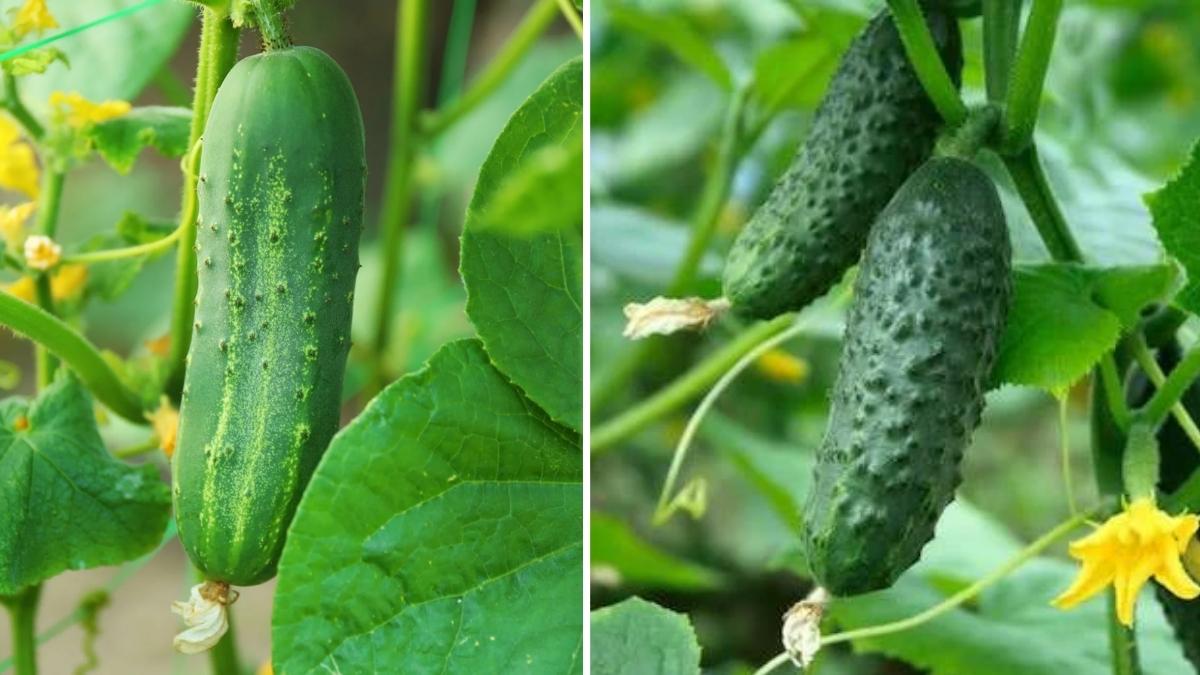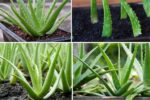Cucumbers are one of the most popular vegetables to grow in American home gardens. They’re easy to cultivate, produce plenty of fruit, and thrive in warm, sunny conditions. However, cucumbers can be quite sensitive when it comes to their garden neighbors. Some plants compete for nutrients, attract harmful pests, or even release chemicals that can stunt cucumber growth. Knowing which plants to avoid can make a big difference in getting a healthy and productive harvest. Here are eleven plants you should never grow near cucumbers, and why keeping them apart matters.
1. Potatoes
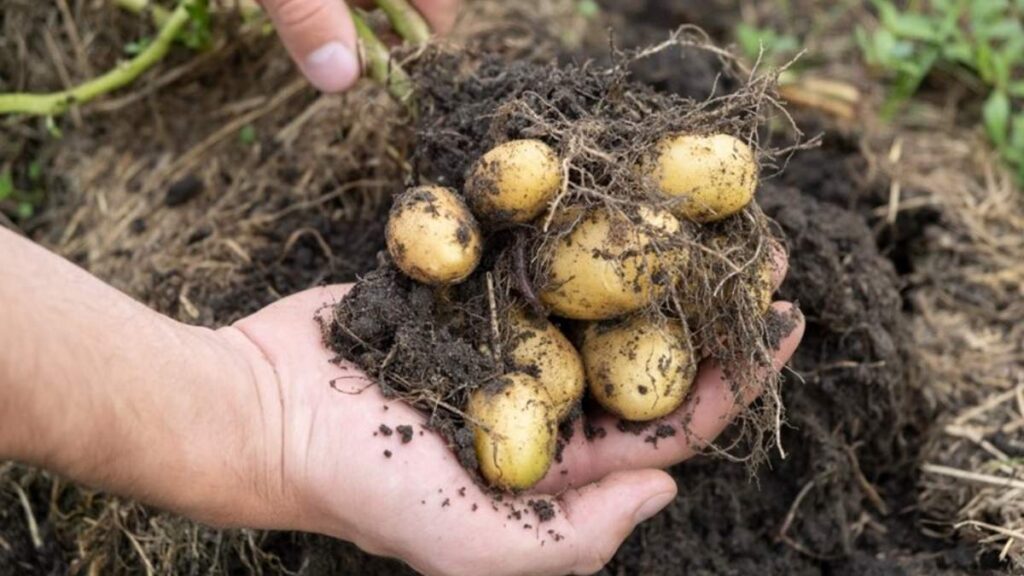
Potatoes and cucumbers are a bad combination in any garden. Both plants are heavy feeders, meaning they compete for the same nutrients in the soil. Growing them together can leave both weak and more prone to disease. Potatoes also attract pests such as aphids and beetles, which can spread to cucumbers. Additionally, potatoes can make the soil too acidic for cucumbers, affecting their growth and fruiting quality.
2. Sage
While many herbs help repel pests, sage is not one to plant near cucumbers. Sage releases strong aromatic oils that can interfere with cucumber growth and flavor. Cucumbers prefer mild companion plants that do not overpower their delicate environment. The strong scent of sage can also attract cucumber beetles, which feed on the leaves and flowers. It’s best to plant sage far away, perhaps near tomatoes or carrots, where it can still be useful without harming cucumbers.
3. Melons
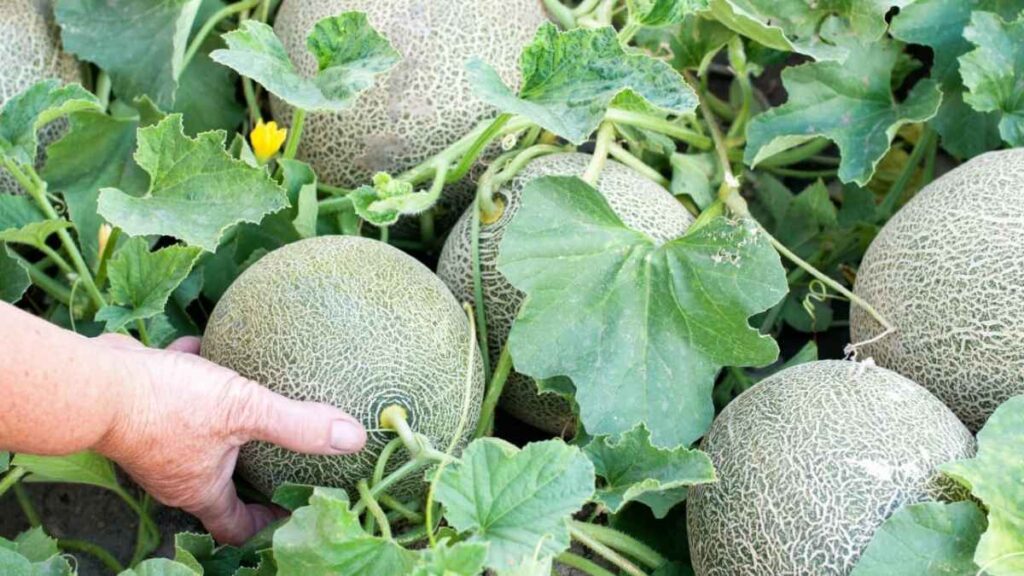
Cucumbers and melons belong to the same plant family, Cucurbitaceae. While they might seem like natural companions, growing them side by side can be problematic. They attract similar pests such as squash bugs and cucumber beetles. Moreover, they are both vulnerable to the same diseases, including powdery mildew and downy mildew. Growing them together increases the risk of these problems spreading quickly. For healthy crops, it’s better to separate melons and cucumbers into different areas of the garden.
4. Pumpkins
Pumpkins are another member of the cucumber family that should be kept away. Both plants need plenty of space, nutrients, and water, which leads to competition. The large leaves of pumpkin vines can also shade cucumber plants, reducing sunlight and slowing their growth. Like melons, pumpkins can cross-pollinate with cucumbers, resulting in strange-tasting fruits. To avoid these issues, plant pumpkins and cucumbers in separate garden beds.
5. Aromatic Herbs like Rosemary and Basil
While some herbs benefit nearby plants, strong aromatic herbs like rosemary and basil are not good cucumber companions. Their intense scents can interfere with cucumber pollination and attract pests that target cucumber leaves. Additionally, these herbs prefer drier soil, whereas cucumbers need consistently moist soil to thrive. The difference in watering needs makes it difficult for both to grow well in the same space.
6. Cauliflower
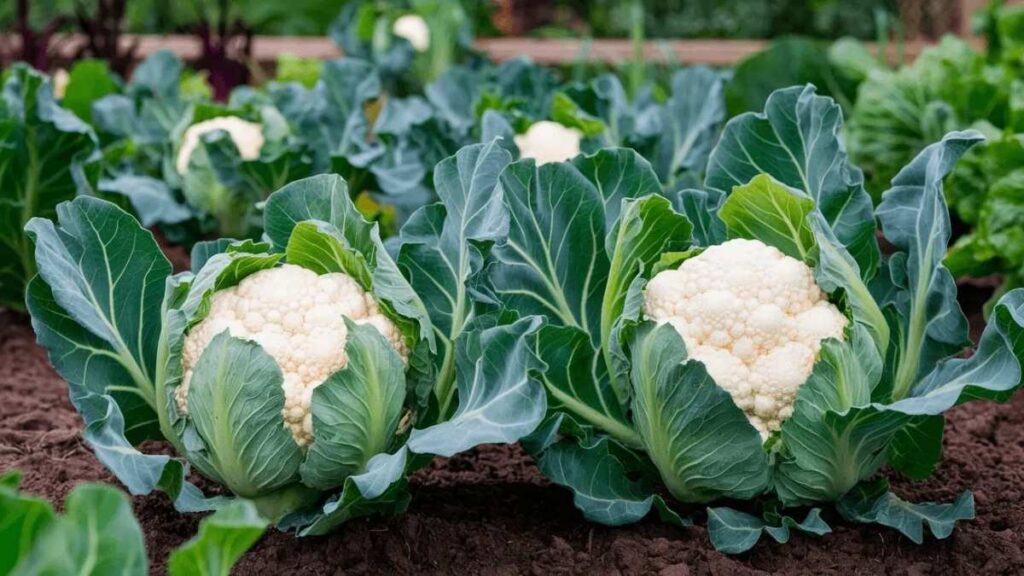
Cauliflower belongs to the brassica family, which includes cabbage and broccoli. This family of plants can stunt cucumber growth because they require similar nutrients and leave the soil depleted. Cauliflower also grows best in cooler conditions, while cucumbers prefer warmth. The two plants simply do not share the same environmental needs. If planted too close, the cucumbers may end up producing smaller and less flavorful fruits.
7. Cabbage
Cabbage and other brassicas like kale and Brussels sprouts compete with cucumbers for nutrients, especially nitrogen. These plants have heavy root systems that take up a lot of water and minerals from the soil. Cabbage can also attract pests like cabbage worms and aphids, which easily spread to cucumber plants. Keeping them apart will allow each to grow in the conditions they need without affecting each other’s health.
8. Onions
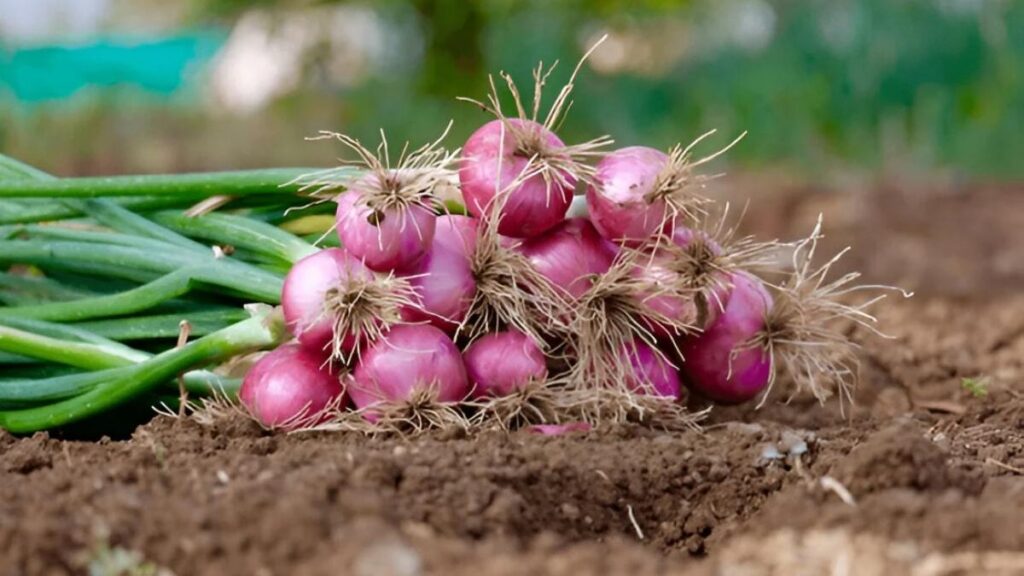
Onions may seem harmless, but they are not friendly companions for cucumbers. Onions, garlic, and other alliums release chemicals through their roots that can hinder cucumber growth. They can also alter the flavor of nearby plants. Moreover, onions prefer drier soil, while cucumbers thrive in consistent moisture. The contrast in growing conditions makes them poor neighbors in the same garden bed.
9. Sunflowers
Sunflowers are tall and beautiful, but they can cause trouble for cucumbers. Their large size shades the cucumber plants, preventing them from getting enough sunlight. Sunflowers also produce allelopathic compounds—natural chemicals that can inhibit the growth of nearby plants. These substances may slow cucumber development and reduce fruit yield. It’s better to grow sunflowers in a different area where they won’t overshadow or compete with your cucumber vines.
10. Broccoli
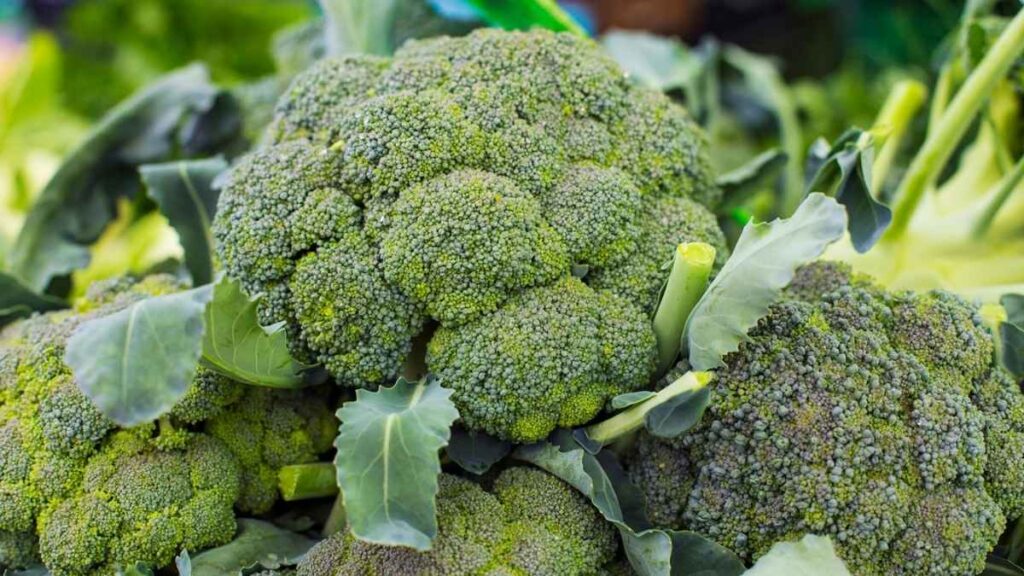
Like cabbage and cauliflower, broccoli competes with cucumbers for space and nutrients. Broccoli has deep roots that draw a lot of minerals from the soil, leaving little for shallow-rooted cucumbers. This competition can result in poor growth and smaller harvests. Broccoli also attracts similar pests that could harm cucumbers, such as aphids and caterpillars. Separating them will help both plants flourish without interference.
11. Fennel
Fennel is known for releasing strong natural chemicals from its roots that inhibit the growth of many nearby plants. This allelopathic behavior makes fennel one of the worst companions for cucumbers. It can stunt their growth, reduce flowering, and affect fruit production. Fennel also attracts insects that are harmful to cucumbers, like aphids and whiteflies. For the best results, always plant fennel in its own isolated spot in the garden.
Better Companion Choices for Cucumbers
While some plants don’t mix well with cucumbers, others can actually help them grow stronger and healthier. Good companions include:
- Dill and oregano: Help repel pests like aphids and beetles.
- Radishes: Distract harmful insects and act as trap crops.
- Beans and peas: Enrich the soil with nitrogen for better cucumber growth.
- Marigolds and nasturtiums: Keep away beetles and aphids naturally.
- Lettuce and spinach: Provide light shade and do not compete for nutrients.
Planting these companions near cucumbers can promote balance in the garden and lead to a better harvest.
Conclusion
Cucumbers may seem easy to grow, but they can be sensitive to their surroundings. Planting the wrong neighbors can affect their growth, invite pests, and reduce yield. Avoid growing cucumbers near potatoes, sage, melons, pumpkins, or strong-scented herbs. Keep them away from brassicas like cabbage and cauliflower, and never plant them near onions, fennel, or tall plants like sunflowers. By choosing compatible companions instead, you can enjoy healthy cucumber vines that produce crisp, juicy fruits all summer long. The key to success lies in understanding what works well together and what should always stay apart.
